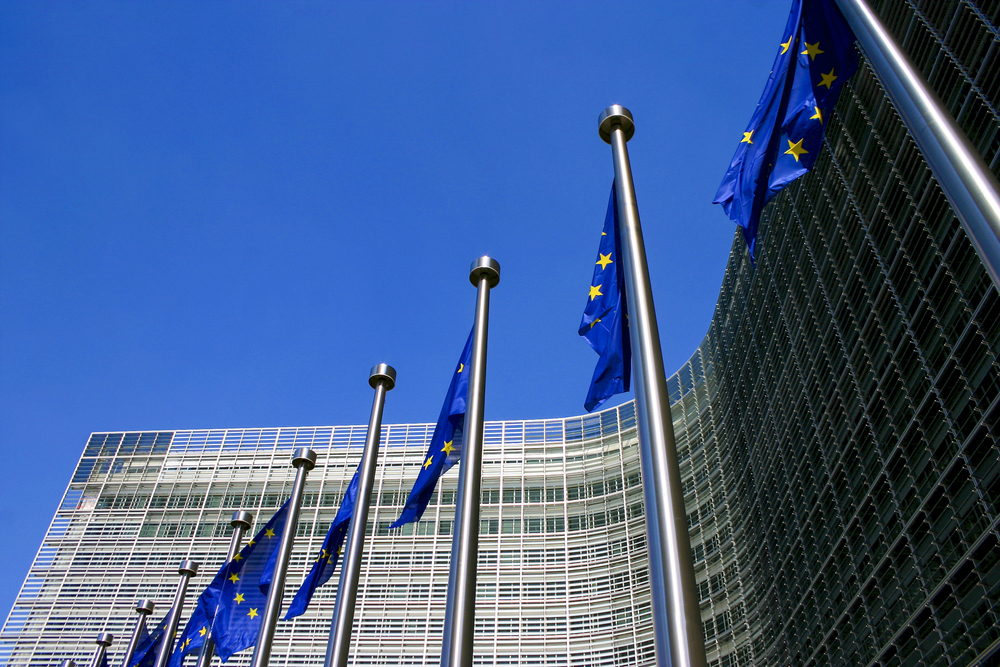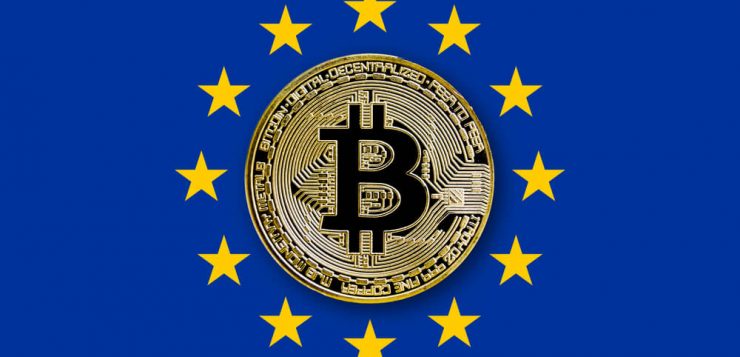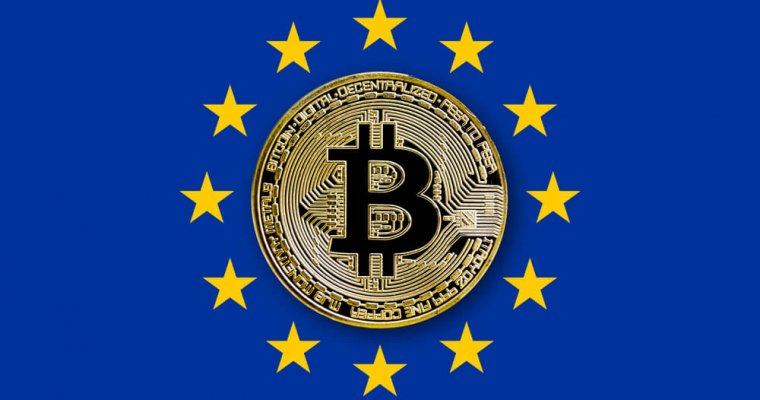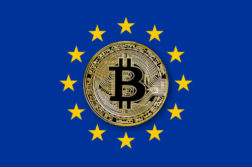The Finance Ministers of 28 European countries on September 7 will meet in Vienna to discuss new rules for the locally emerging cryptocurrency sector.
The informal gathering, according to the EU’s draft note, will witness a broad discussion about current policy issues relevant to financial and economic affairs.
Bloomberg, which claims to have read the meeting agenda in person, reports that the EU ministers will echo their concerns over “a host of challenges” posed by the popularity of cryptocurrencies like Bitcoin. They include crypto’s potential of being used by online criminals for drug trafficking, tax evasion, terrorist financing and money laundering, and also its underlying pseudo-anonymity.
What’s Driving the New Crypto-Regulation in Europe?
To add new measures on the top of old ones merely mean one thing: the old laws are unable to outrun the latest technologies.
People using cryptocurrency generally have a choice whether they want to be regulated or not. Just like a person sitting on a stash of undeclared cash can decide whether he wants to keep it in his backyard, where nobody will be able to trace it, or a bank, where he will have to prove the source of funds. In the case of cryptocurrencies, not choosing to be regulated means conducting transactions using private wallets, away from the purview of regulated exchange and wallet services.
It could be where a person could play the technology to facilitate a crime. And it seems to have been happening already. A Europol report released in February found that criminals in Europe had laundered $5.5 billion worth of undeclared cash via cryptocurrencies. Director Rob Wainwright claimed that 4 percent of all the crime money was converted to Bitcoin and similar digital assets.

As for terrorism, the 2015 Paris attack had influenced the EU that cryptocurrencies could be instrumental in funding terrorist activities.
“Gaps still exist in the oversight of the many financial means used by terrorists, from cash and trade in cultural artifacts to virtual currencies and anonymous pre-paid cards,“ the authorities had written in their proposal to amend the 4th Anti-Money Laundering Directive. The revised directive, now called the 5th AML Directive, brought cryptocurrency exchanges and wallets within its purview. However, it excuses services that do not hold the private keys of customers’ Bitcoin wallet from regulation.
The EU as a whole shows optimism towards Bitcoin’s underlying technology, the blockchain, and is working hard towards establishing itself as a frontrunner of distributed ledger technologies. The Schengen countries have invested over ¢83 million in both blockchain-based and blockchain-enabled projects. The EU has also started a #Blockchain4EU initiative to develop potent blockchain applications for industrial/non-financial sectors.
But the question remains: could new – or any – rules govern a technology whose foundation is to avoid centralized governance? Let’s wait and see how the EU ministers take a step towards finding a right answer.
Featured image from Shutterstock.
Follow us on Telegram or subscribe to our newsletter here.
• Join CCN’s crypto community for $9.99 per month, click here.
• Want exclusive analysis and crypto insights from Hacked.com? Click here.
• Open Positions at CCN: Full Time and Part Time Journalists Wanted.








